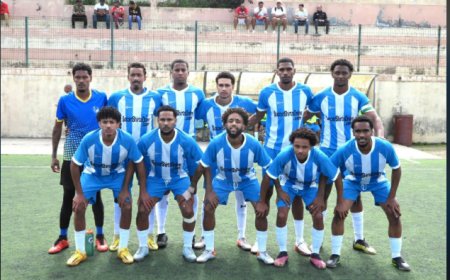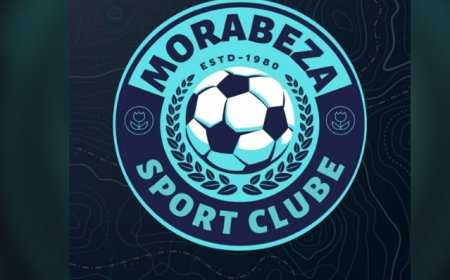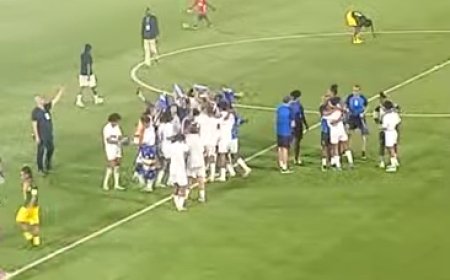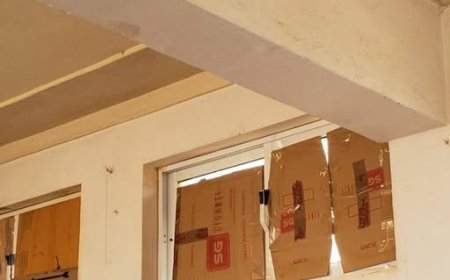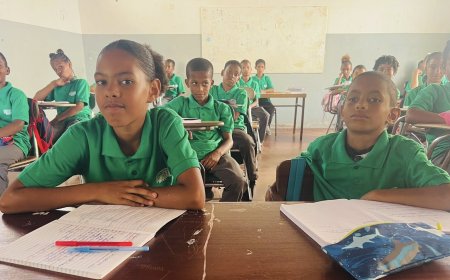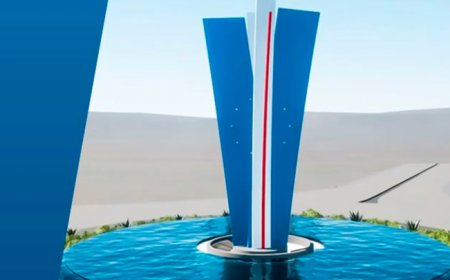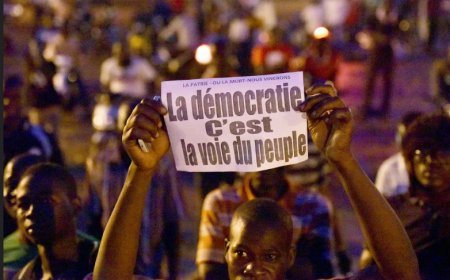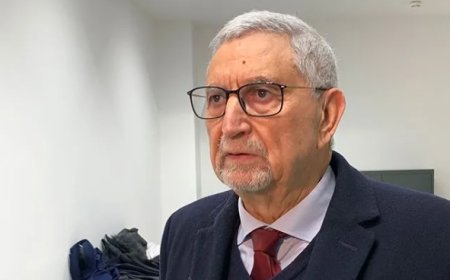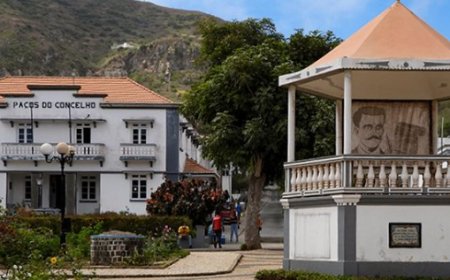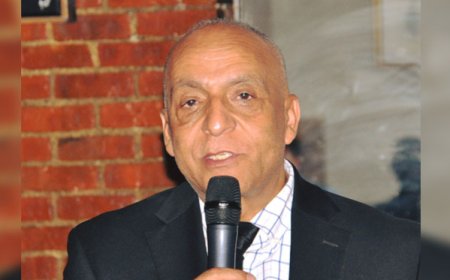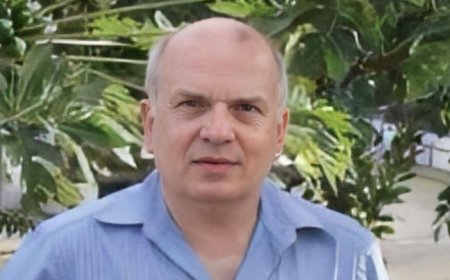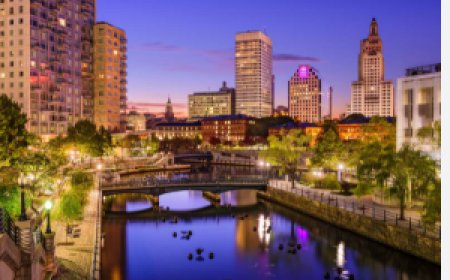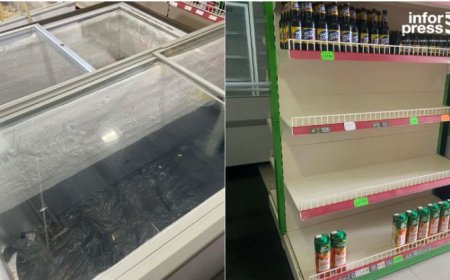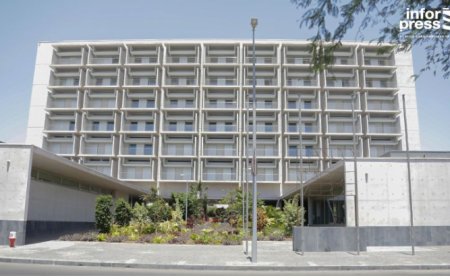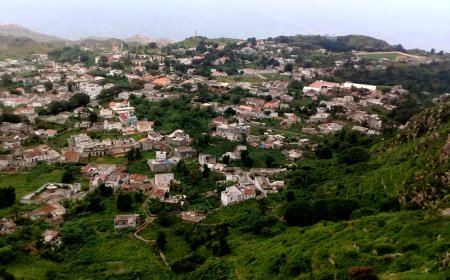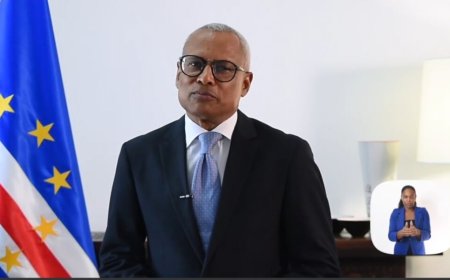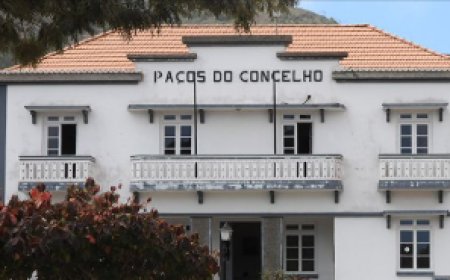Unhappy with his defeat at the polls and with a lawsuit on his back, Francisco Tavares remains attentive to the failings of the municipal administration
Brava Island is the scene of a heated and ongoing political confrontation that transcends the electoral period. The epicenter of the discord is the former Mayor of Brava, Francisco Tavares, elected by the Movement for Democracy (MpD) and defeated in the last local elections, who has maintained a posture of constant attack on the new administration, led by Amândio Brito, of the African Party for the Independence of Cape Verde (PAICV).
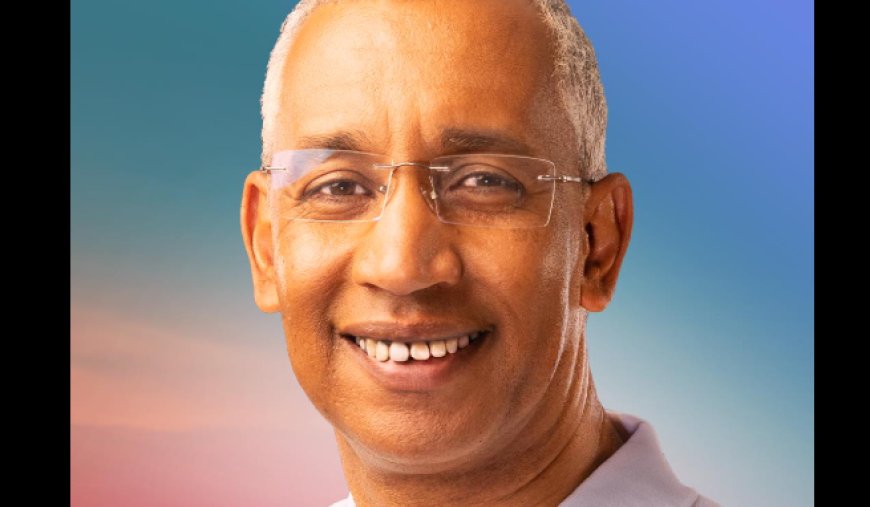
The clash takes on more complex and serious contours, since Francisco Tavares is facing ongoing legal proceedings at the Central Criminal Action Department (DCAP) of the Attorney General's Office (PGR). This situation, coupled with his notorious dissatisfaction with his electoral defeat, has fueled a series of public criticisms of the current administration. The former mayor has pointed the finger at various "ills" on the island, structural problems that, ironically, his own administration failed to solve during his term in office.
Faced with the wave of attacks, the new municipal administration, in the person of Mayor Amândio Brito, has adopted a strategy of ignoring the criticism and keeping focused on the job at hand. Brito has publicly reiterated that the municipality will not allow itself to be sidetracked by those who "don't want to contribute to the development of Brava".
In recent statements to Bravanews, President Brito said that his priority is to fully comply with the governance proposals that have been "duly sanctioned" by the voters. The message is clear: the time has come to work and not to respond to controversies that he considers sterile for the island's progress. The focus of the new administration, which recently took office, is on implementing structuring projects and improving the quality of life of the people of Brava, as promised during the campaign.
At party level, the reactions have been equally remarkable. His party, the PAICV, chose not to comment directly on Francisco Tavares' criticisms. The party leadership justified this position by claiming to know "the customs and bellicose actions of this entity", suggesting that this is an expected political strategy that does not deserve credibility or an official response. This silence is interpreted as a tactic to devalue the opposition and avoid giving the stage to a figure who is no longer in power.
On the other hand, the former President's stance has generated growing discomfort in sectors of his own party, the MpD. Militants and some prominent figures in the Movement for Democracy in Brava have expressed their dissatisfaction, considering that Tavares' actions and continuous attacks do nothing to benefit the party's image. According to internal sources, there is concern that this "posture" of nonconformity and belligerence "does nothing to help the good opinion that Bravenses have of the MpD party". Criticism from within the party itself highlights the risk of the controversy affecting the perception of responsibility and stability that the MpD seeks to project on the island.
The political scene on Brava thus reveals an island divided and under the spectre of a feud that mixes party politics with judicial issues, while the new administration tries to impose an agenda focused on development, oblivious to the singular noise of the figure, who according to some, has become irrelevant on the Brava scene.






